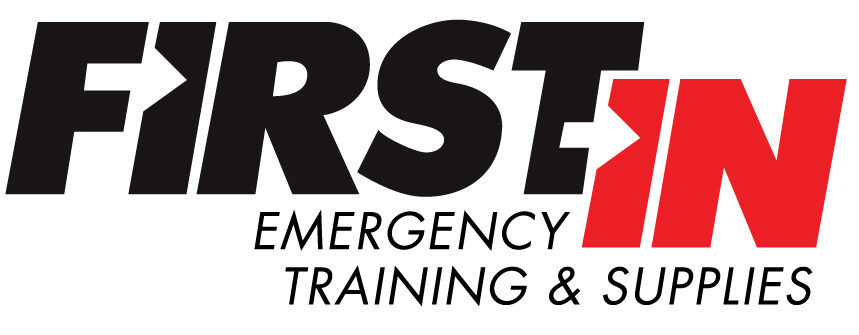Earth-Friendly Suggestions for Handling Expired Items
Wondering what to do with the expired items in your kit after 5 years? Here are some earth-conscious tips to consider . . .
Water Pouches & Water Boxes
The Problem: Why waste good water? The water we supply has a 5-year shelf life. It is sterile water, but over time, will begin tasting like the packaging.
Earth-Friendly Suggestion: Water your plants. Water your flowers. Get creative. We are all conserving water, so please use these rations instead of tossing them.
Additionally, check in with your local County Food Bank. If the water rations haven’t expired yet, they may be appreciated.
Foodbars
The Problem: Why waste good food? The foodbars we supply have a 5-year shelf life. Over time, they lose their nutritional value.
Earth-Friendly Suggestion: Throw a disaster preparedness party. Have your family members, employees or students taste the foodbars. It’s a great way of reminding all about the importance of being disaster prepared. It gives you a chance to taste the food so there won’t be any surprises when a disaster hits. It also motivates you to locate your supplies and perhaps move them to a more accessible location.
Additionally, check in with your local County Food Bank. If the bars haven’t expired yet, they may be welcomed as a good source of nourishment. They are also tasty.
Batteries
The Problem: About three billion batteries are sold annually in the U.S. averaging about 32 per family or ten per person. A battery is an electrochemical device with the ability to convert chemical energy to electrical energy to provide power to electronic devices. Batteries contain heavy metals such as mercury, lead, cadmium, and nickel, which can contaminate the environment when batteries are improperly disposed of. When incinerated, certain metals might be released into the air or can concentrate in the ash produced by the combustion process. Batteries may produce the following potential problems or hazards: Pollute the lakes and streams as the metals vaporize into the air when burned. Contribute to heavy metals that potentially may leach from solid waste landfills. Expose the environment and water to lead and acid. Contain strong corrosive acids. May cause burns or danger to eyes and skin.
Earth-friendly suggestion: Find a local recycling center for your old batteries. Look online at:
http://www.local.com/results.aspx?keyword=recycle&location
Additionally, when you order your earthquake kits from Earth Shakes, you will notice a pull down menu for the Wind ‘n Go flashlight. It is an upgrade that we highly recommend. The flashlight is crank powered so there is no need for alkaline batteries. You may ask Science Teachers at your local school if they would like the old batteries. Some teachers do science experiments with batteries, because even a “dead” battery has a minimal charge left on it that can be measured with electrical measuring tools.
Lightsticks
The Problem: There has been a growing concern about Chinese-made glow sticks. Chinese products contain dibutyl phthalates – a chemical that has been banned from California and has been linked to cancer and reproductive defects.
Earth-Friendly Suggestion: Earth Shakes uses lightsticks of Cyalume Technologies. They use the safest materials in their SnapLights and Chemlights. The products are lab tested and proven to be entirely safe. Additionally, please keep your expired lightsticks several years after they have expired. They won’t be as bright or last as long as lightsticks still within their shelf-life, but they will produce light.
